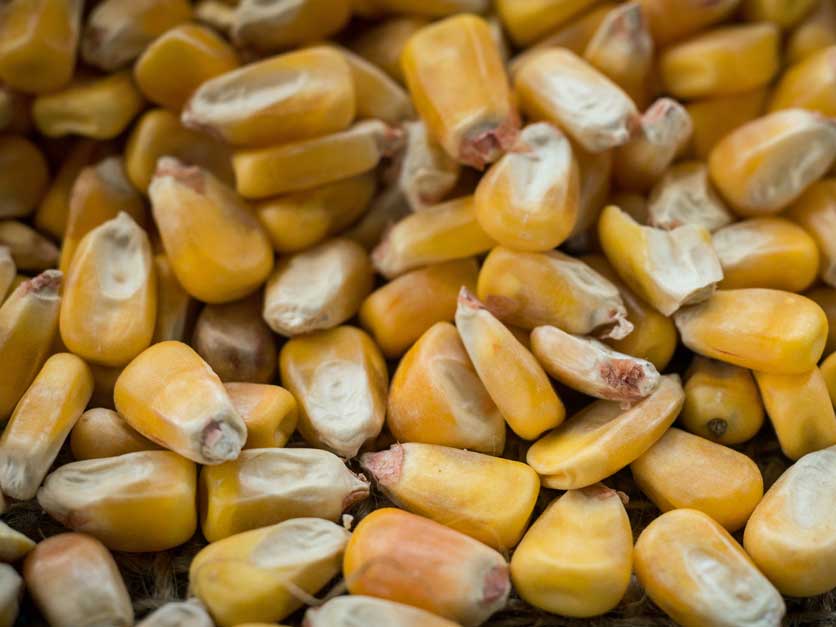Syngenta has agreed to pay $1.5 billion to settle claims that its commercialization of genetically modified corn seed caused China to reject U.S. corn imports for about a year starting in November 2013.
The preliminary settlement agreement, which covers all U.S. corn producers – more than 600,000, according to the agreement – must still be approved by U.S. District Judge John Lungstrum in Kansas City, Kan. The class-action suit was settled in September, but the overall settlement amount was not disclosed, although some reporting had pegged the number at $1.5 billion.
“We are very pleased with this outcome. America’s corn farmers and related businesses were hurt economically and this settlement will provide fair compensation for their damages,” the plaintiffs’ four lead counsel said in a statement. “It is an equitable result for all involved.”
“The settlement does not constitute an admission by either side concerning the merits of the parties’ allegations and defenses,” Syngenta said in a statement. “The plan for allocating the proceeds of the settlement will be developed by plaintiffs’ lawyers under a process to be approved by the court.”
If approved by the judge, plaintiffs’ lawyers said they believe it will be “the largest agricultural litigation settlement in U.S. history.” The $1.5 billion will include the $217.7 million awarded by a jury to Kansas growers in June.
“The settlement covers all U.S. corn producers – farmers and crop share landlords – as well as grain handling facilities and ethanol plants nationwide who sold corn priced after Sept. 15, 2013,” the plaintiffs’ lawyers said.
Plaintiffs alleged that China’s rejection of U.S. corn caused corn prices to plummet, costing U.S. growers billions. Syngenta rejected that argument, claiming that corn prices were already falling when China halted imports of U.S. corn because of the presence of the MIR 162 trait contained in Agrisure Viptera.
The $1.5 billion will cover four categories: growers who bought Agrisure Viptera or Duracade (which also has the MIR162 trait), those who did not, grain handling facilities, and ethanol production facilities.
The actual amount to be distributed to growers who did not plant Syngenta seed has not been determined. Administrative costs and other expenses, as well as attorney fees, must be subtracted first. The lion’s share of the settlement money will go to growers who did not purchase the genetically modified corn seed from Syngenta, however, since the other three “subclasses,” as they are defined in the preliminary agreement, will receive a total of $72 million.
“If preliminarily approved, the settlement terms and claims process information will be set forth in notices mailed to class members and published in various media outlets across the country, as well as in a settlement website,” the plaintiffs’ lawyers said.
“Members of the class then will have a period of time to submit a claim form, opt out of the settlement, or object to the terms of the agreement,” they said. “Judge Lungstrum then will decide on whether to finally approve the $1.51 billion settlement. If the settlement is ultimately approved, it is anticipated that funds could be distributed to class members in the first half of 2019.”
The four co-lead counsel are: Don Downing of Gray, Ritter & Graham; Scott Powell of Hare, Wynn, Newell & Newton; Patrick Stueve of Stueve Siegel Hanson; and William Chaney of Gray Reed & McGraw.
For more news, go to www.Agri-Pulse.com


![Steve headshot 250x200[1]](http://www.agri-pulse.com/ext/resources/Headshots/Staff-Photos/thumb/Steve_Headshot_250x200[1].JPG?1738947158)